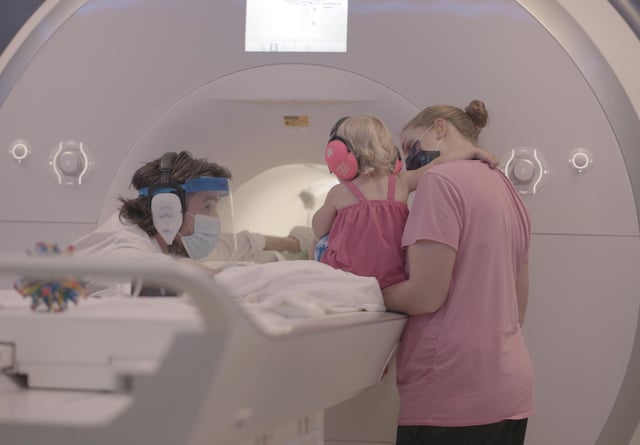Overview
- The study, published in 'Science,' used fMRI scans to analyze hippocampal activity in children aged 4 to 25 months.
- Findings show one-year-old children can encode experiences in the hippocampus, contradicting the belief that this brain region is too underdeveloped in infancy.
- Experts emphasize the study focuses on short-term memory encoding and does not establish links to autobiographical memory formation.
- The results suggest that infantile amnesia may stem from later brain processes rather than an underdeveloped hippocampus.
- Researchers highlight the potential long-term implications of early experiences, including the importance of protecting children from trauma.



